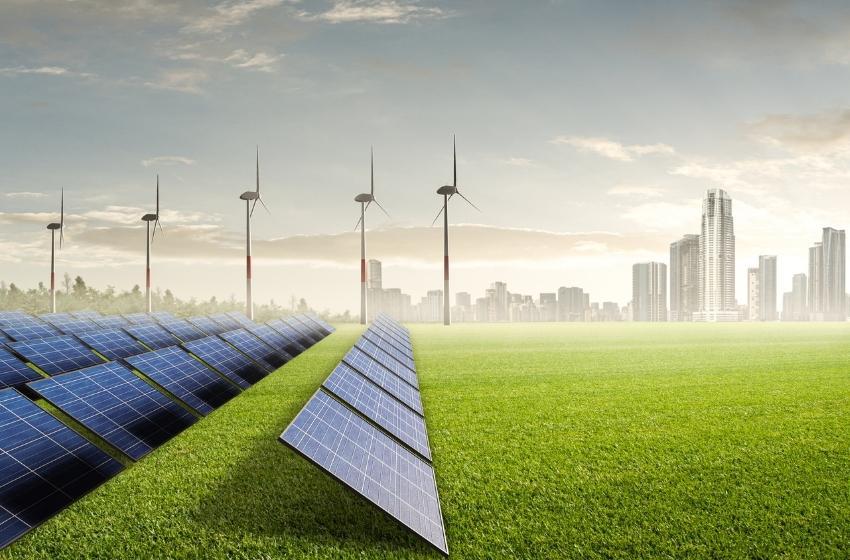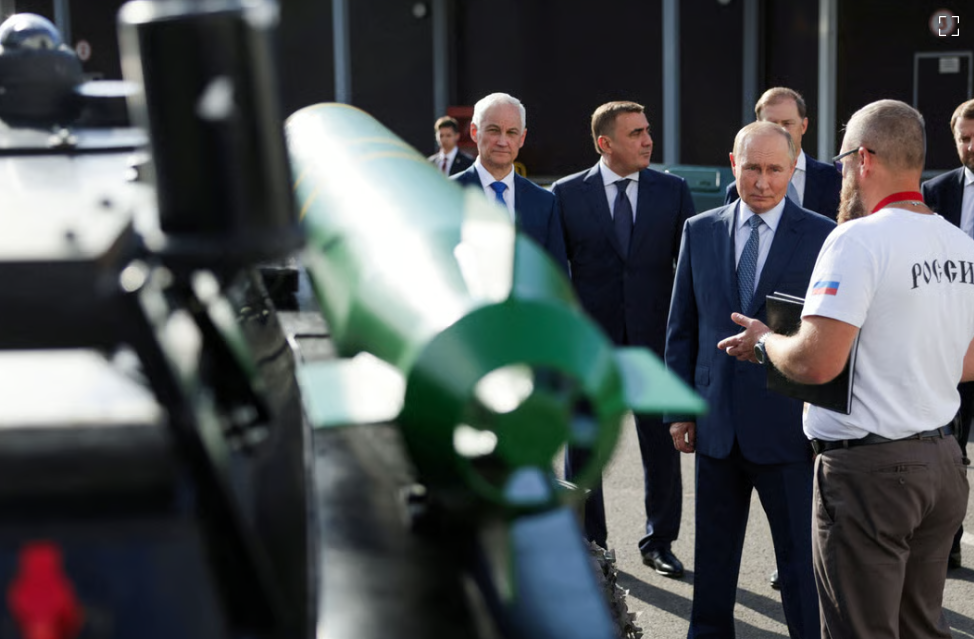At a summit in Brussels on June 23, European Union leaders supported granting EU candidate status to Ukraine and Moldova.
Prior to gaining EU candidate status, Ukraine was preparing the energy sector for European integration by gradually joining the EU's single energy market.
In the field of gas: The GTS Operator of Ukraine, established in 2020, has applied to join the European Network of Transmission System Operators for Gas (ENTSOG) and has gained the status of an observer member.
The single gas market with EU countries has been operating in Ukraine for several years. Today in the gas transportation system of Ukraine, there is gas originating from Norwegian, American, and Qatari gas fields.
In the field of electricity: since March 16, Ukraine's UES has been synchronized with the European Energy System (ENTSO-E).
Synchronization of the Ukrainian power system with ENTSO-E positively impacts the technical, economic and safety aspects of its operation. Moreover, both the energy system of Ukraine and European energy systems will feel the benefits.
Technical aspect: the reliability of the UES of Ukraine is significantly increased due to the possibility of timely receipt of emergency assistance. Such assistance is required in the event of an imbalance in the country's energy system due to emergency shutdowns of generating units. If necessary, Ukraine can also provide emergency assistance to European energy systems.
Economic aspect: market participants have the opportunity to buy/sell electricity from/to the power system of European countries, as well as reserves for frequency and power regulation in the market of ancillary services.
Ukraine already exports electricity to Europe: more than 200 MW to Poland and about 150 MW to Moldova. Ukraine will gradually increase supplies to EU countries.
At the same time, the vast majority of electricity produced in Ukraine does not contain a carbon footprint, and therefore meets European climatic requirements. In 2021, more than 70% of the total electricity production in Ukraine was accounted for by NPPs, HPPs, PSPs and RES.
From the point of view of security: by creating the possibility of importing from EU countries, Ukraine will provide itself with electricity during periods of shortage in the domestic market. In turn, by exporting electricity to the EU, Ukraine is helping to reduce the dependence of European countries on Russian gas.
According to the Ministry of Energy, electricity from Ukraine can replace about 17% of Russian gas exported to the EU.
Also, with the status of a candidate for the EU, Ukraine will be able to receive financial assistance from the EU, in particular, it will attract credit resources for the systematic reconstruction of energy infrastructure, grant funds for the implementation of decarbonization measures, including energy-saving; will be more transparent and more attractive to investors, as it will have an obligation to adapt energy legislation to European ones fully.





















